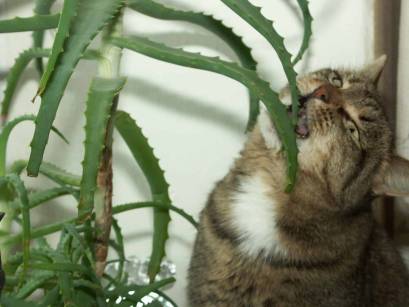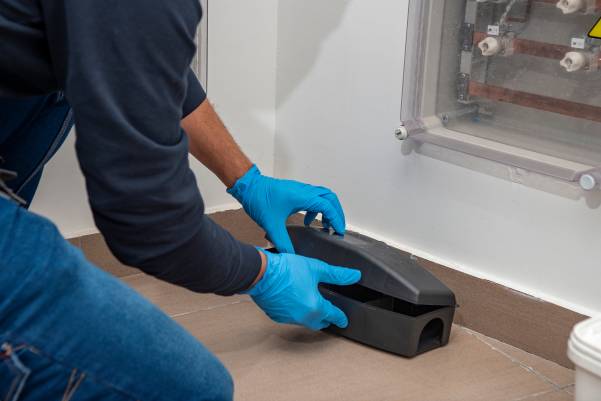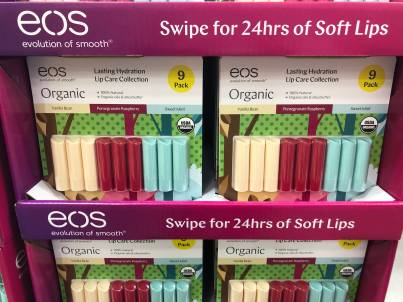Connect with a verified veterinarian in minutes. Licensed vets are available 24/7 to answer your questions. No need to worry about your furry family member.
Has your cat eaten an aloe plant? If so, then it can be pretty scary. You may worry that she’s going to get sick. It’s no fun when your cat eats an aloe plant.
In this article, we’ll take a look at aloe plants and whether or not they can make your cat sick. Let’s get started!
What is an Aloe Plant?
Aloe plants are very popular as houseplants for many reasons. But what are aloe plants? Aloe vera plants are a type of succulent plant in the genus Aloe. The plant has no stem (or only short stems) and has thick, green fleshy leaves. The leaves come out of the plant’s central stem, and the edge of each leaf is serrated.
The aloe is a succulent, which means the plant stores water in its leaves. They are similar to cactus in this way. The leaves of the plant also include a wide range of substances that have medicinal purposes. The plants have been used for healing over thousands of years.
You may have used sunburn creams that contained aloe. This is because one of the uses for the aloe plant is to ease the symptoms of burns, including sunburn. The aloe helps soothe the pain as it works to protect and repair the skin. This is only one of the medicinal uses of aloe.
While the substances in the leaves can be healing when used properly, they can also be toxic if ingested.
So, can an aloe vera plant make your cat sick?
Aloe Plant & Cats
Aloe plants are toxic to cats. This is because the leaves contain anthracene, glycosides, and anthraquinones. Most of the poison is found in the white latex found in the leaves. You may notice this above the gel found inside aloe leaves. The gel is not toxic, though it can cause some vomiting and diarrhea. It’s the white latex material that is the main problem.
The toxins are usually mild; however, this depends on the amount of aloe the cat has eaten.

Review symptoms, medications & behavior to keep your pets healthy with a Vet Online in just minutes.
Ask a Vet Live NowSymptoms of Aloe Toxicity in Cats
You may notice these symptoms if your cat has eaten some aloe plant leaves:
- Diarrhea
- Vomiting
- Lethargy
- Tremors (rare)
- Change in urine color (will turn red)
- Abdominal cramps
- Loss of appetite
If you notice these symptoms in your cat, be sure to call the vet right away. Your cat could be suffering from aloe poisoning.
Treatment for Aloe Toxicity in Cats
When you reach the vet’s, they will perform a complete physical exam of your cat. This may include lab work and other tests, such as x-rays. The vet will try to see if your cat has developed organ damage from the aloe poison.
There is no antidote for aloe poisoning, so the vet will focus on treating the symptoms. Treatment may include inducing vomiting, the use of activated charcoal, and more. Your fur baby may also need an IV to help rehydrate her and to administer other medications if needed.
The good news is that if your cat receives prompt medical treatment, she will go on to make a full recovery.
Connect with a verified veterinarian in minutes. Licensed vets are available 24/7 to answer your questions. No need to worry about your furry family member.

Emma Chandley, BVetMed MRCVS PGCertSAS
This article has been reviewed and approved by an independent Veterinarian: Emma graduated from the Royal Vet College in London in 2011. She has a keen interest in surgery and went on to do a post graduate certificate in small animal surgery and was then awarded advanced practitioner status in the same discipline.
Review symptoms, medications & behavior to keep your pets healthy with a Vet Online in just minutes.
Ask a Vet Live Now





